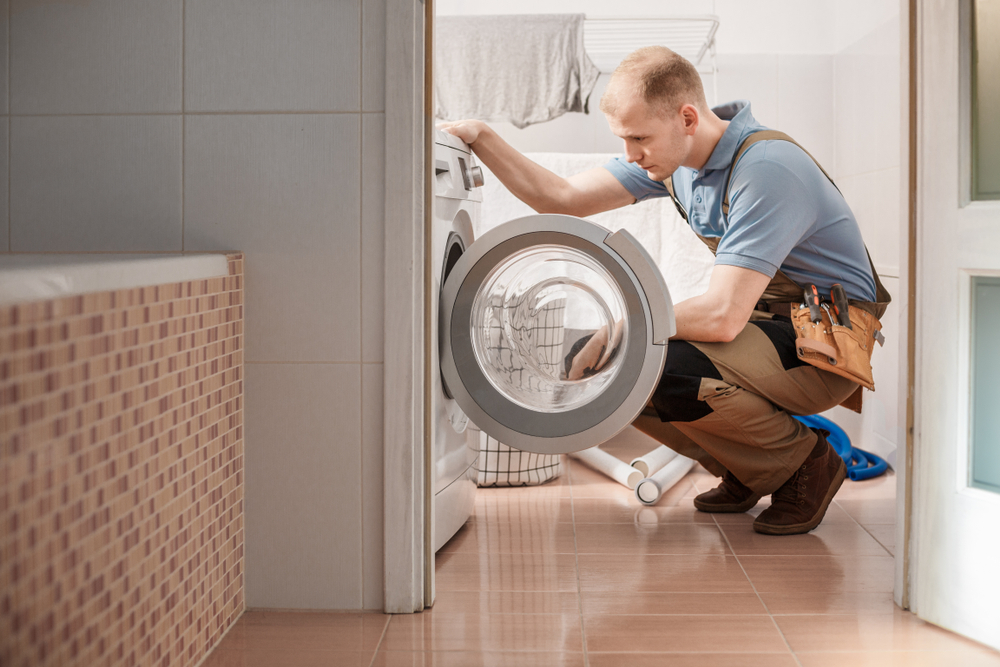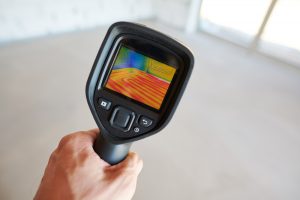
No two leaks are the same. While some water leaks are easy to detect (for instance, a leak may be hard to ignore when there is water gushing out of a pipe in your property), others are not so obvious and can go undetected for extended periods of time. When not addressed, undetected leaks can rack up your water bill and cause severe damage to your property, costing you a lot of money in the long run. Water leaks also promote the growth of mould and mildew, which can negatively affect the health and well-being of people living in a building.
You may be shocked to learn that many water leaks go undetected because they happen in places that are out of sight. Failure to check your water bill regularly or having an expert inspect your property for water leaks, you could end up spending hundreds of dollars each year on leaks. The tiniest of leaks can destroy entire sections of your property, and cause a variety of other problems, which is why it’s always important to be on the lookout for leaks in your home.
Finding water leaks is not the easiest of jobs. Some even consider it an art that requires specialised skills and vast experience to master. Professional plumbers are the people tasked with identifying and fixing leaks. They use a variety of techniques and tools to locate leaks in a timely manner. Plumbers employ advanced leak detection equipment to promptly and accurately the source of water leaks.
Locating the Source of a Leak
Even before any leak detection equipment is used, a plumber will typically do a quick inspection of your property to look for obvious signs of a water leak. This includes checking pool and irrigation systems, water fixtures and specific areas like underneath sinks and toilets. A plumber will also check the water meter to get an idea of how much water you are using.
Video Inspection Equipment
For accurate leak detection, plumbers use specialised video pipe inspection gadgets. These are basically small cameras mounted on long and flexible fibre optic cables. Plumbers insert these cameras into pipes to detect hidden leaks.
The camera sends high-resolution images to a display where the plumber can assess the condition of a pipe from the inside. This enables them to locate a leak that may be hard to see from the outside.

Microphones and Listening Discs
Microphones and listening discs are some of the most common tools used by professional plumbers to detect water leaks. Listening discs help plumbers to find leaks through cabinets, drywall and other solid materials.
Using sound technology, microphones amplify the sound of leaking water through listening discs placed against a surface. A plumber will be able to listen to the sound of running water as it travels through pipes behind walls or beneath the surface. This gives the plumber a clearer picture of where the leak is before trying to access it. Microphones can also be used to listen through stone, concrete and brick surfaces.
Thermal Imaging Cameras
When leaks occur in hot water pipes behind walls, concrete surfaces and floorboards, thermal imaging cameras (heat scanners) can be used to locate the hidden leaks. The cameras can identify a problem that the naked eye cannot see. Thermal imaging cameras employ infrared imaging technology to measure the thermal energy emitted by objects.
Infrared inspection is an effective way to assess large areas quickly, while causing minimal disruption and damage to your property. Thermal imaging cameras can not only detect hidden water leaks and their source, but they also detect water that cannot be physically accessed using moisture meters.
Soil Probe
Leaks that occur in wastewater pipes and sewer lines can be detected using soil probing that allows plumbers to listen for pressure leaks through soil, rocks and grass. Skilled and experienced plumbers are able to differentiate the different sounds they hear to identify how deep the leak is and what is the best way to access it and fix it.
If you suspect you have a water leak, please call us at Water Leak Detection for a free consultation today on 1300 425 325 or leave an inquiry on our website.

